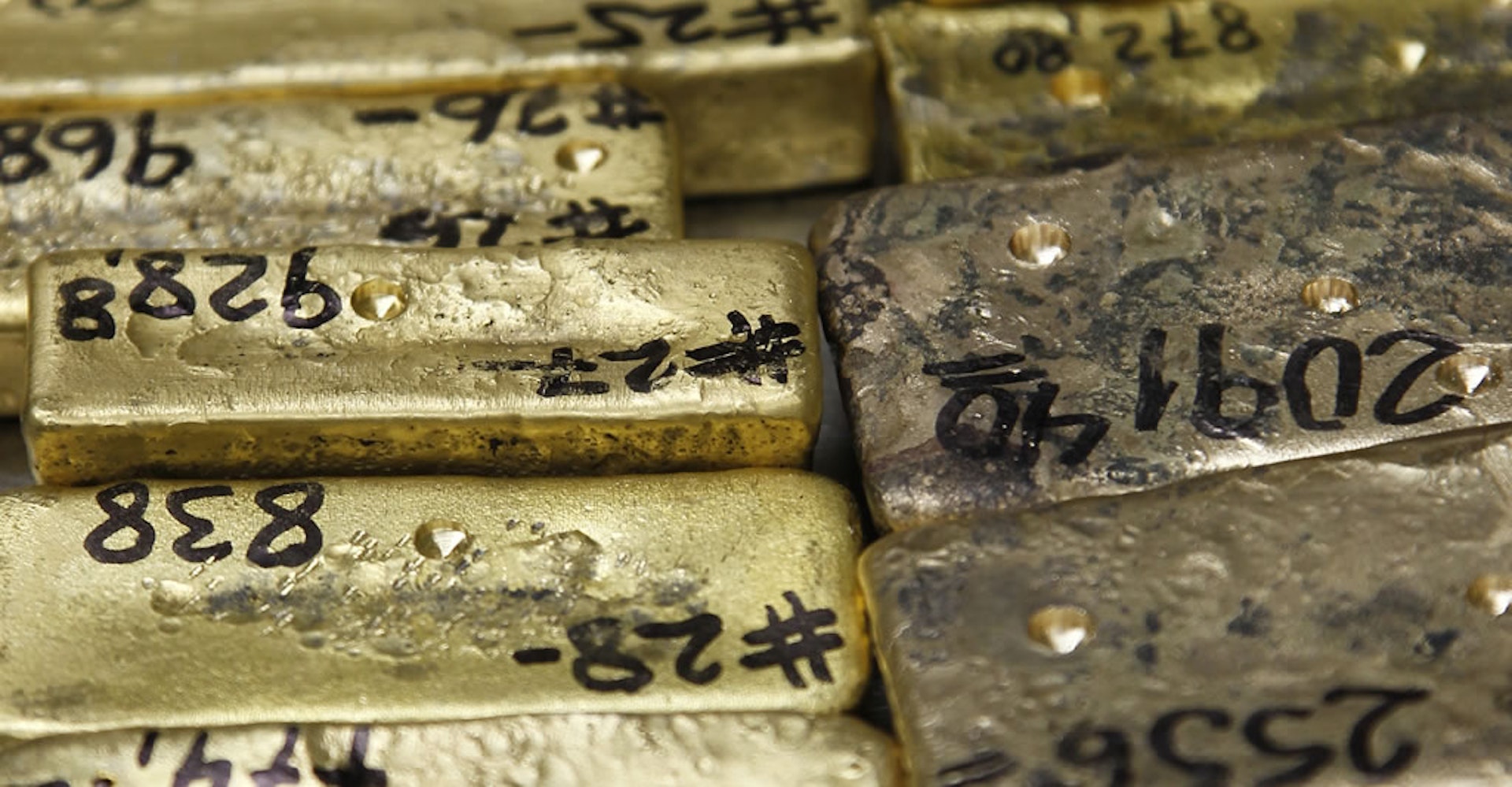
The jewelry industry has long been associated with conflict and human rights abuses. Gold mining has been linked to violence, environmental destruction, and the exploitation of workers. In recent years, however, activism has helped to transform the industry, and there is now a growing demand for ethical jewelry.
The History of Dirty Gold
The term “dirty gold” refers to gold that has been mined in conflict zones or under conditions that violate human rights. For example, gold mining has been used to finance wars in Africa, and it has been linked to the use of child labor.
In the 1990s, several high-profile reports exposed the link between gold mining and conflict. These reports helped to raise awareness of the issue, and they led to calls for action.
The Rise of Ethical Jewelry
In response to the growing awareness of dirty gold, a number of companies began to offer ethical jewelry. These companies use gold that has been mined in a responsible way, and they often work with Fairtrade organizations to ensure that workers are treated fairly.
Ethical jewelry has become increasingly popular in recent years. Consumers are becoming more aware of the ethical implications of their purchases, and they are looking for ways to support responsible businesses.
The Future of Ethical Jewelry
The future of ethical jewelry looks bright. The demand for ethical jewelry is growing, and there are a number of companies that are working to meet this demand. As the industry continues to evolve, we can expect to see even more ethical jewelry options become available.
Lab grown diamond engagement rings uk
Lab-grown diamond engagement rings are a popular option for those who are looking for an ethical and sustainable alternative to mined diamonds. Lab-grown diamonds are created in a laboratory, and they are chemically and physically identical to mined diamonds.
Lab-grown diamond engagement rings are becoming increasingly popular in the UK. In 2021, the UK lab-grown diamond market was worth £100 million, and it is expected to grow to £200 million by 2025.
Conclusion
The jewelry industry has come a long way in recent years. Thanks to activism and consumer demand, there is now a growing market for ethical jewelry. Lab-grown diamond engagement rings are a popular option for those who are looking for an ethical and sustainable alternative to mined diamonds. As the industry continues to evolve, we can expect to see even more ethical jewelry options become available.
Here are some of the organizations that are working to promote ethical jewelry:
Fairtrade: Fairtrade is an international organization that works to ensure that farmers and workers in developing countries receive a fair price for their products. Fairtrade gold is certified to meet high social and environmental standards.
Kimberley Process Certification Scheme (KPCS): The KPCS is an international certification scheme that aims to prevent conflict diamonds from entering the mainstream diamond market. Diamonds that are certified by the KPCS are guaranteed to be conflict-free.
Alliance for Responsible Mining (ARM): ARM is a global alliance of companies, NGOs, and governments that are working to promote responsible mining practices. ARM’s Responsible Gold Standard is a certification program that ensures that gold has been mined in a responsible way.
If you are looking for ethical jewelry, there are a number of resources available to help you find it. You can visit the websites of the organizations listed above, or you can search for ethical jewelry retailers in your area.
